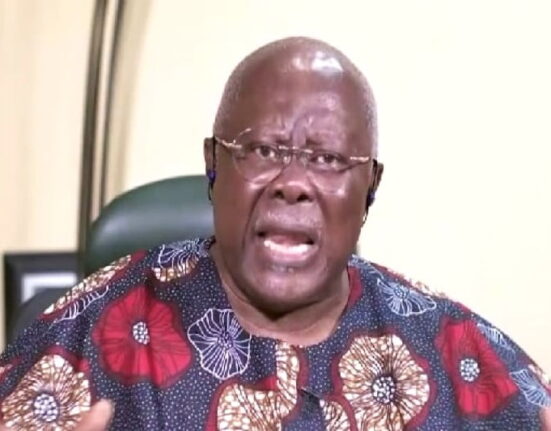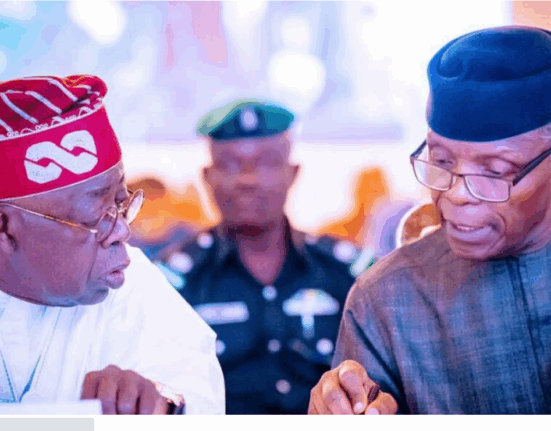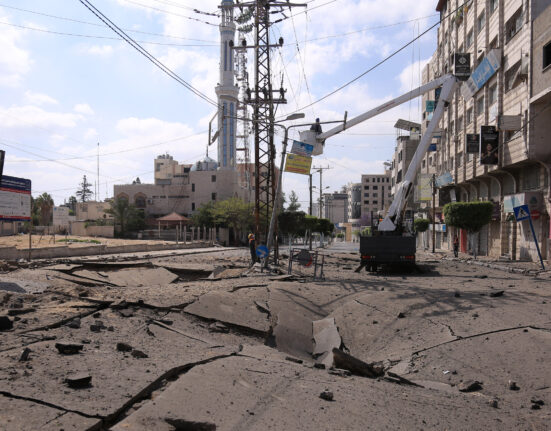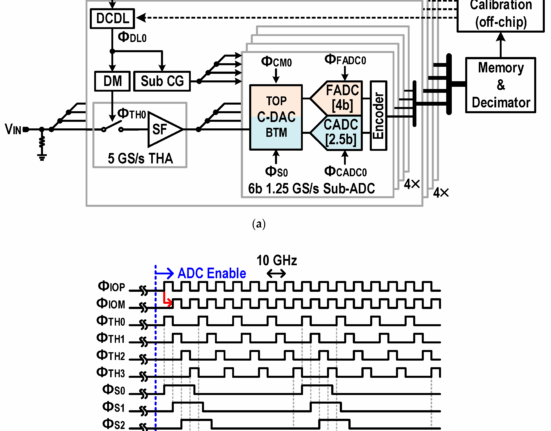Former Edo State Governor, Godwin Obaseki, stood at a crossroad of disappointment and determination as the Supreme Court handed down its ruling on the Edo State governorship election. Upholding Senator Monday Okpebholo as the legitimate victor sparked a wave of reactions from Obaseki, who believed that justice had not prevailed in this case.
In a heartfelt statement following the verdict, Obaseki expressed his gratitude to the people of Edo State and all Nigerians who stood by him throughout this challenging period. He firmly declared that Dr. Asue Ighodalo, backed by his running mate Osarodion Ogie, were indeed the rightful winners of the closely watched gubernatorial contest held on September 21, 2024.
“I am profoundly grateful to the good people of Edo State and Nigerians for their overwhelming support for the victory, which we believe our party won,”
Obaseki remarked passionately. Despite facing setbacks at every legal turn—from the Election Petition Tribunal to the Court of Appeal—the former governor remained resolute in seeking what he deemed as electoral justice.
“Our journey through various legal channels was driven by our unwavering belief that justice must prevail,”
Obaseki stated with conviction. The Supreme Court’s final decision may have been binding, but it did not silence his concerns about potential threats to Nigeria’s democratic principles stemming from how this election unfolded and concluded.
Reflecting on the broader implications of these events, Obaseki cautioned against complacency in safeguarding democracy.
“The manner in which this election was manipulated and subsequently validated raises serious concerns about the future of our democracy,”
he warned thoughtfully. In urging resilience among Edo residents, he imparted words of faith and hope for a brighter tomorrow despite present challenges.
“As people of faith, we trust in divine justice even when human systems fail us,”
Obaseki encouraged amidst uncertainties. With a steadfast call to persevere in their fight for justice and fairness, he rallied his supporters to remain committed to upholding democratic values even in turbulent times.
The Supreme Court’s decision affirming Okpebholo’s victory came after meticulous deliberation by a five-member panel led by Justice Lawal Garba. In delivering their unanimous ruling dismissing PDP’s claims of electoral irregularities—including over-voting and non-compliance with electoral laws—the court underscored Ighodalo’s failure to substantiate his grievances effectively.
Justice Garba emphasized that without compelling evidence presented across just a fraction of polling units contested by Ighodalo, overturning previous court decisions would be unjustifiable. The apex court echoed earlier rulings from both lower courts validating Okpebholo’s win based on existing evidence and testimonies presented during legal proceedings.
As political dynamics continue evolving amid such contentious outcomes like these affecting key leadership transitions at state levels, experts weigh in on how such judgments shape public perception and confidence in Nigeria’s democratic institutions. These verdicts often serve as litmus tests for judicial independence while also spotlighting areas where electoral processes may require further scrutiny or reforms to enhance transparency and accountability.









Leave feedback about this